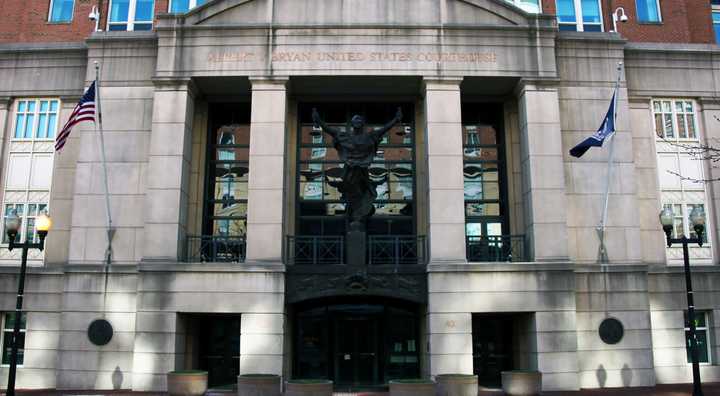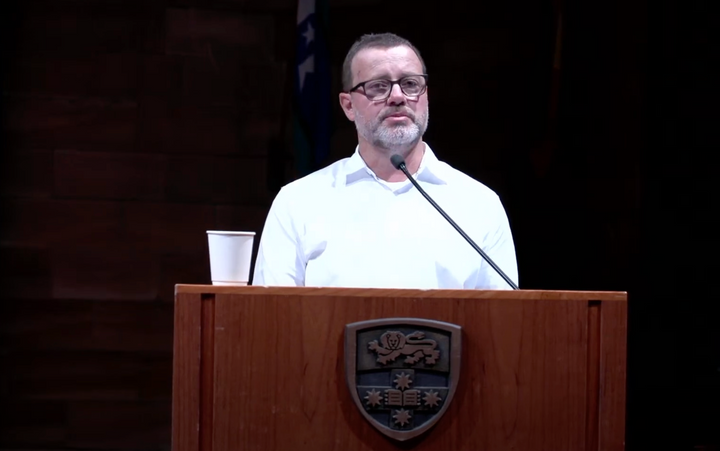Read next

US Military Contractor CACI Finally Goes On Trial For Abu Ghraib Torture
Three Iraqis who survived torture at Abu Ghraib have their day in U.S. court—two decades later

US Still Trying To Bury 'Collateral Murder' Video That WikiLeaks Released
There is no shortage of activists, journalists, academics, and people of conscience who have some story to share about the impact of the “Collateral Murder” video.
The U.S. military footage of an Apache helicopter crew shooting indiscriminately at a dozen Iraqi civilians — including Reuters journalists Namir Noor Eldeen and
